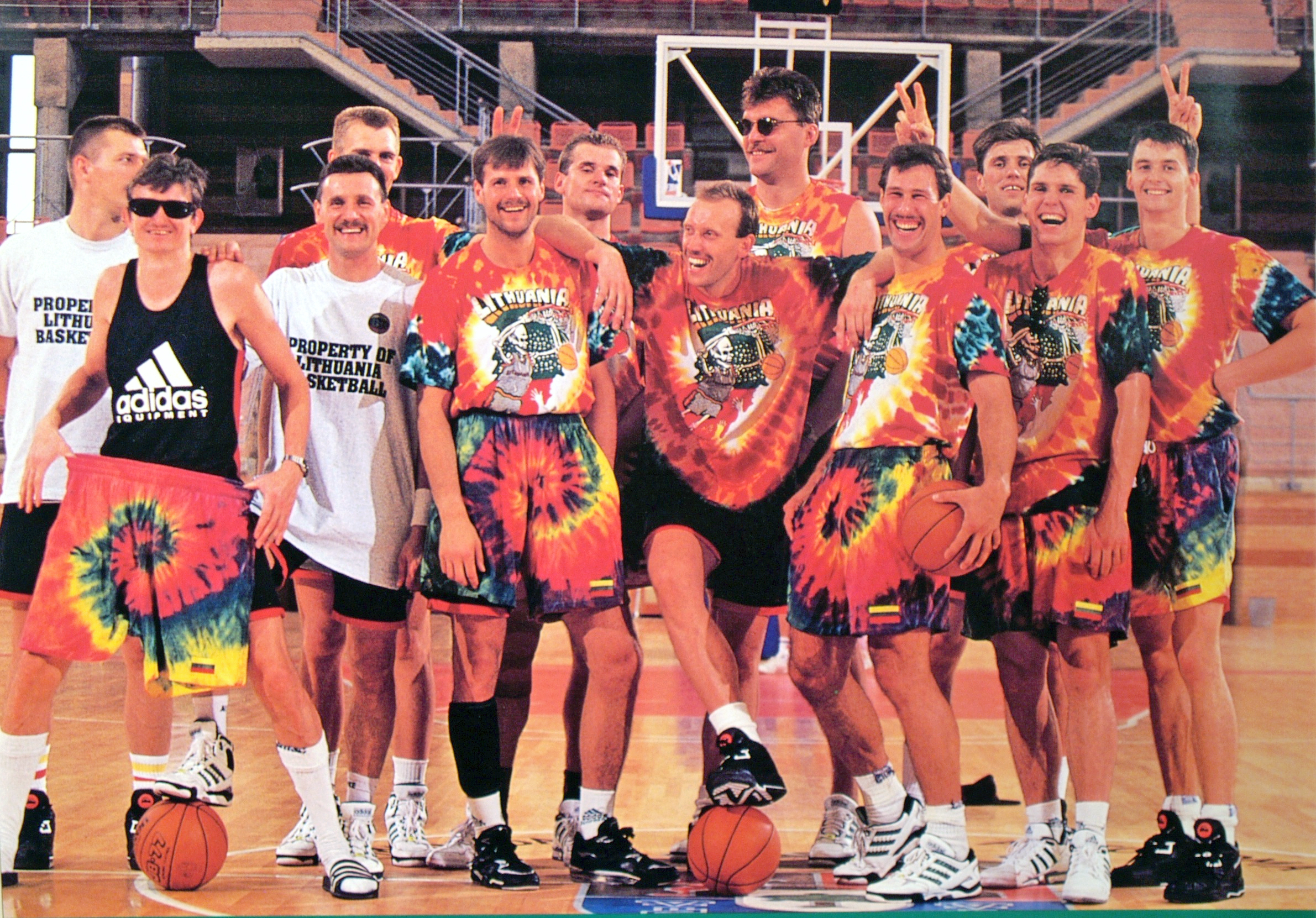Over 20 years ago in Lithuania, millions of citizens lived under the rule of the USSR. Their income, their resources and their way of living were dependent on the decisions of the Soviet government. Lithuanians even competed in the Olympics for their USSR-reigned government.
Four years ago, director and UCLA alumnus Marius A. Markevicius began filming this story for his passion project documentary, “The Other Dream Team.” The film, which was released earlier this year, chronicles the journey of the 1992 Lithuanian national basketball team and their fight against the subjugation of communism to get to the Summer Olympics in Barcelona, Spain.
“The Other Dream Team” incorporates film, sports and politics; subjects that played a big role in Markevicius’ personal life.
“I always had a passion for film,” Markevicius said. “Sports were actually my first passion. As you can guess, it was basketball. I wanted to go professional. Once I got to be 18 in high school and 6 feet 2 inches with no jump, I realized that was the end of the road. But I still kept my passion for film.”
Markevicius stuck with moviemaking and attended UCLA’s Graduate School of Theater, Film and Television. Today, his documentary has garnered a substantial amount of attention since its release at the Sundance Film Festival earlier this year, and was nominated for Best Documentary Motion Picture by the Producers Guild Awards on Nov. 30.
The inspiration for the film came from Markevicius’ family life as he was growing up, as well as the culture he was exposed to. Markevicius, being a first-generation Lithuanian American, grew up in Los Angeles. While he enjoyed following American basketball, he also followed the Lithuanian players as much as he could.
Markevicius said he particularly remembers the 1988 Olympics on the television when he was 12 years old; the same year the Soviet Union beat the United States with a team that was mostly composed of Lithuanian players.
“It was very bittersweet because the game was won, but won for their oppressor,” Markevicius said. “In the United States’ perspective they were all communists. They were all the enemies. It hurt me being Lithuanian American because they were all considered a part of this evil empire, when really they were just subjugated by it.”
Markevicius described how this misconception about his culture instilled a desire to shed his own light on the subject. He commented on how the story had stuck with him long after he was 12 and inspired him to film this documentary even after Lithuania had become independent.
Years later, in 2009, Markevicius flew across the globe to conduct his interviews, which he said was one of the biggest obstacles to filming, making his quest a manhunt to track his sources. However, producer Jon Weinbach said he found Markevicius’ personal connection to the topic both necessary and helpful to the filming process.
“Practically speaking it was Marius’ idea and project. He spoke Lithuanian and had to be very hands-on in the translation. He had the personal associations as well as the ability to connect with the people of Lithuania,” Weinbach said.
The Ambassador of Lithuania to the United States, Žygimantas Pavilionis, agreed Markevicius was the perfect fit for directing this story and he was glad to help out by screening the film to politicians in Washington.
“He knew the story well. What was very important was that he knew America well too. When the Russians first occupied us, a lot of Lithuanians fled to America, and we had this great community that held a spirit of freedom here,” Pavilionis said. “Marius brought that spirit back to Lithuania from America. He kept our spirits high.”
With all of the head and the heart that Markevicius put into his film, he hopes the story doesn’t become just another movie, but a film with a takeaway message for audiences across the globe.
“Something that is important to me that hopefully people will take away from me is that a fight for freedom is really worth it. Things always get worse before they get better,” Markevicius said. “This team had struggles, but the country stuck with it and now, 20 years later, they are a thriving part of Europe again. I hope people across the world can see the movie and also have inspiration for things to change.”
